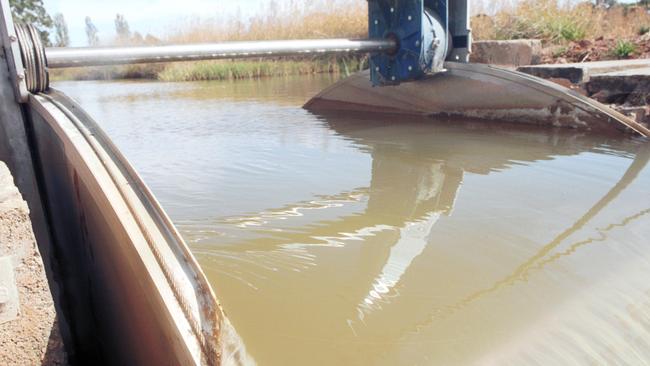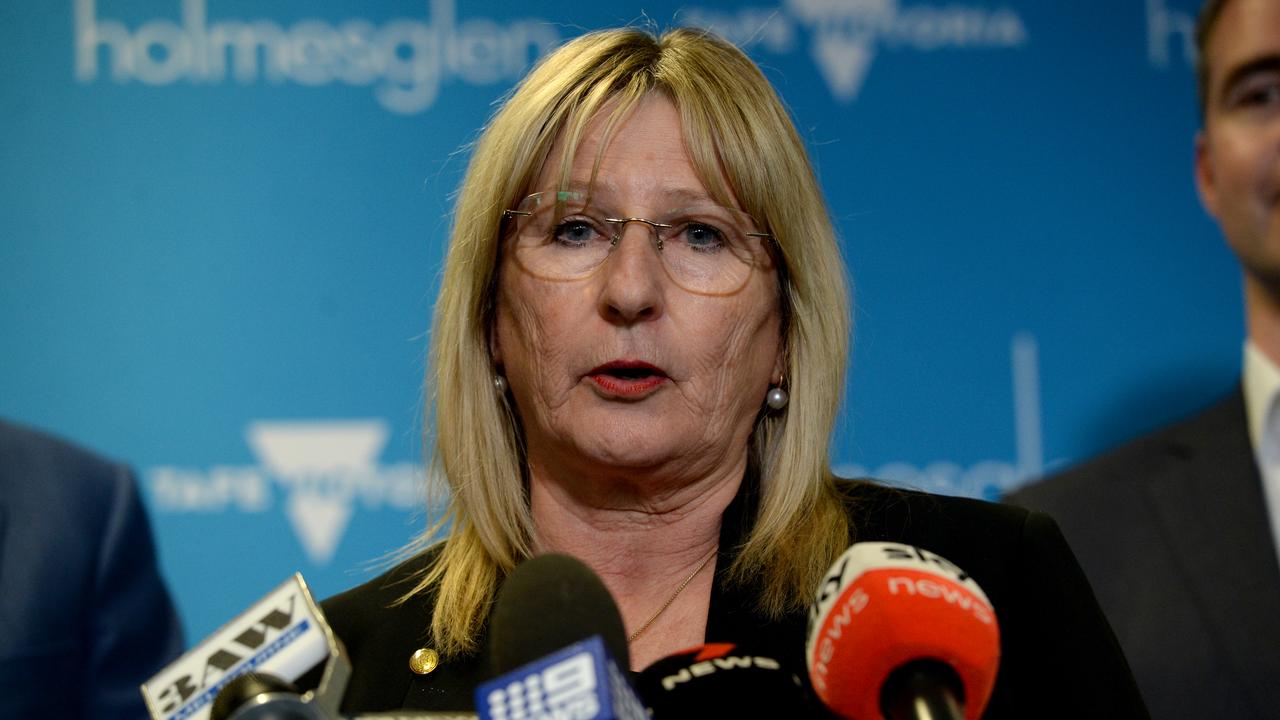Goulburn Murray Water losses soar as customers battle to pay
Rural and urban residents are battling to pay soaring water bills with water corporations now bleeding money, as funds dry up.

The latest financials for Victoria’s water corporation shows they are bleeding money, as their customers battle to pay their bills.
Goulburn Murray Water, the state’s largest rural water corporation, lost $67 million in the 12 months to June 30, as it rationalised more irrigation channels on the back of losing more than 500 gigalitres to the environment over the past decade, under the Murray Darling Basin Plan.
In the state’s northwest Lower Murray Water recorded an operating loss of $25 million, while further south Grampians Wimmera-Mallee Water lost $23m and Southern Rural Water $20m.
Many customers struggled to pay their bills, with GMW forced to lift the number of customers on flexible payment plans from 361 in 2021-22 to 719 in 2023-24.
GMW financial manager Michael Gomez said “the increased number of customers on flexible payment plans can be attributed to us proactively encouraging customers experiencing financial hardships to reach out to us so we can work with them to find a solution, such as a flexible payment plan”
It’s a similar situation across regional urban water authorities with the biggest player, Barwon Water, issuing 5175 hardship grants in 2023-24, up 57 per cent from 3287 in 2022-23.
Essential Services Commission analysis shows regional Victorian households are paying an average water bill of $1295, compared to $1070 in Melbourne.
Coliban Water customers, which covers Premier Jacinta Allan’s electorate, are paying an average of $1562, the highest bills in the state, which has forced 5437 customers onto flexible payment plans and led to 2799 being awarded hardship grants in 2023-24, up 34 per cent on the previous financial year.
Opposition water spokesman Tim McCurdy said at the same time the Allan Labor Government was “raiding” Victoria’s water corporations, “demanding they pay capital repatriations, dividends and a new efficiency dividends”, totalling $651m in 2023-24.
At the same time, water corporations are being forced to borrow more money off the government’s Treasury Corporation of Victoria to cover their costs.
Coliban Water increased its TCV borrowings from $451m in 2022-23 to $501m in 2023-24, while Barwon Water’s liabilities rose by $50m, to $649m.
Mr McCurdy said the government was effectively offloading debt onto water corporations, “stalling critical infrastructure, driving up water bills and worsening the state’s housing crisis”, as water corporations delayed rolling out water and sewage to new areas.
A recent Essential Services Commission’s report into the state’s water corporations revealed they had collectively been forced to defer 51 major water infrastructure projects in the past year.
Victorian Water Minister Harriet Shing’ office said “all of our regional water corporations are in sound financial health and have sufficient revenue to cover operational and capital works needed for our growing regions and towns, while keeping bills as low as possible”.




